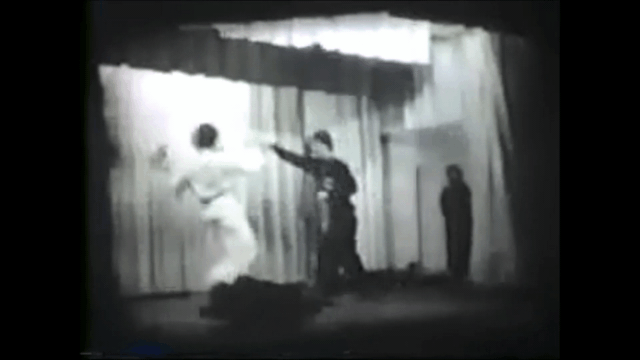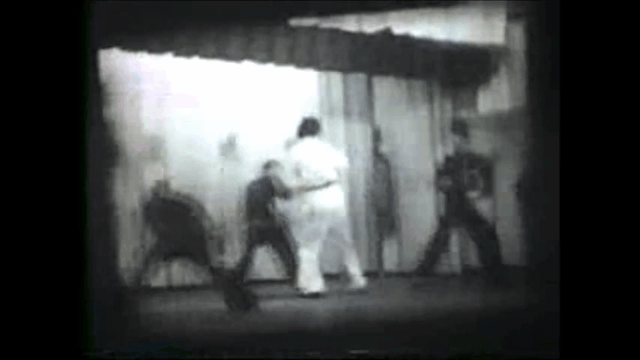johnwang wrote:When I did my daily 3 miles walk, sometimes I drilled slow Taiji Peng, Lu, Ji. An. I suddenly felt sad. I then switched to fast praying mantis Gou, Lou, Cai, Gua, I suddenly felt happy.
Am I the only person in the forum who feels this way (slow = old and sad, fast = young and happy)?
The instruction when going "slow" is that the spirit of vitality is to be aroused internally.
"slow" practice isn't just moving slow. It's the speed it needs to be to do what it is supposed to be doing. DEEP work.

I think it is critical to know why you do what it is you do. If what you are doing makes sense to you, then it's good.
One thing Western science has discovered is that different people respond differently to the same medicine, and the same to different medicine. Sometimes a particular medicine works for a while then it needs to be changed.
Everything is like that, we learn and move and process information differently. We've each wired this complex machine ourselves with no instructions taking cues from the culture we were immersed in. We;ve had diferent foods, different education, climate, exercise.. we've lived different lives, and our bodies and spirits have adapted to survive within those contexts.
How can we expect all this diverse genetic and environmental influence and programming to produce a creature that can be always be served by the same exercise?
There's a plethora of activities to engage in, pick what you like and work at it, who cares what anybody else does?
When it comes to taijiquan at this point it is more of a philosophy than a single pedagogy. If it can be said to approach the same result then the art is taking the student (or themselves) into account and doing what needs to be done at that point in that subject's development to get them closer to the target end result.
To that end, a truly competent teacher understands the impact of each of the exercises on the particular student and can guide them through the exercises best fit for their level of development.
For some people, that's pistol squats, for some it's chair based qi-gong.
For some, I guess, it's standing on one leg for an hour, whatever floats your boat. The point is not that you are an invincible warrior, the point is that you are stewarding, cultivating, and expressing your human endowment.


